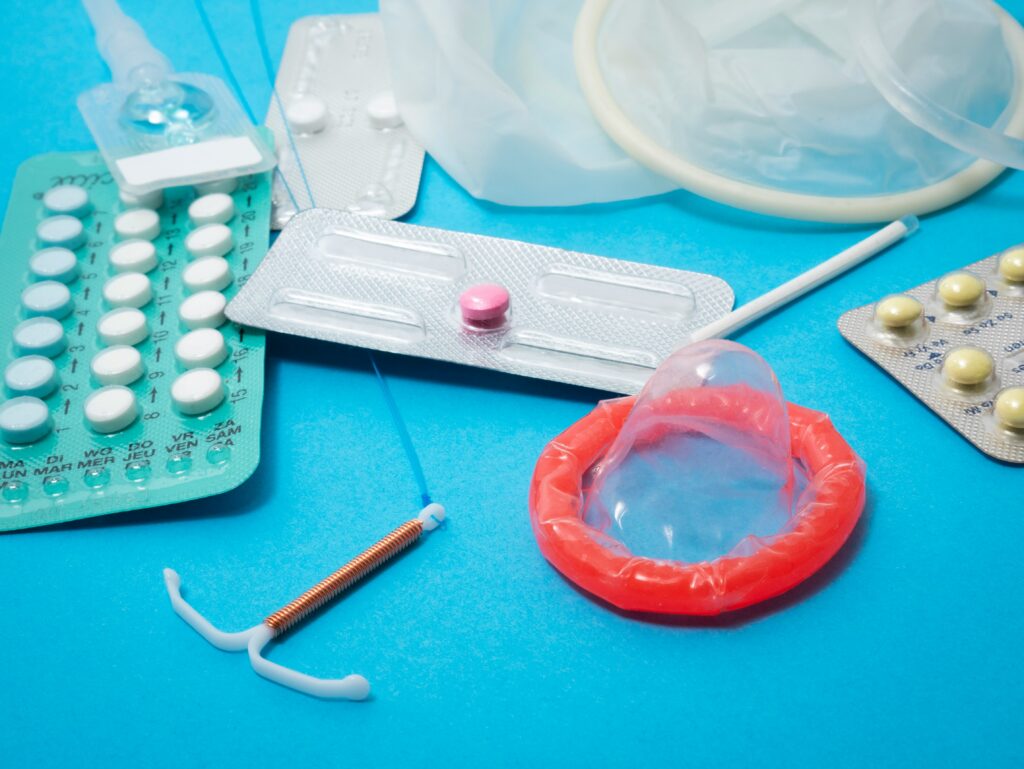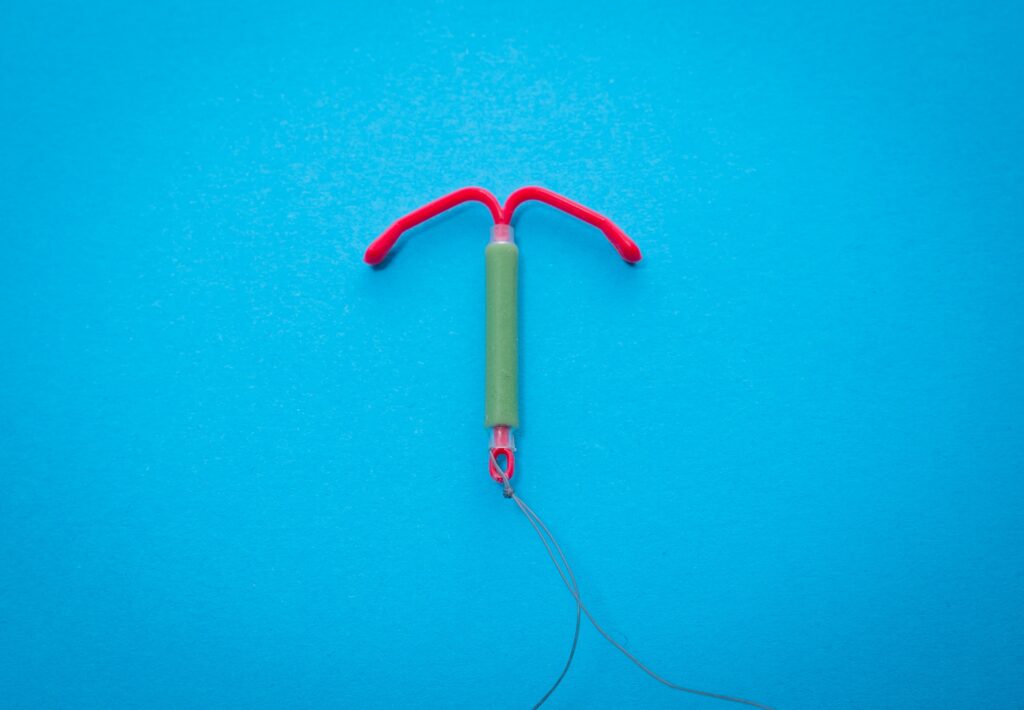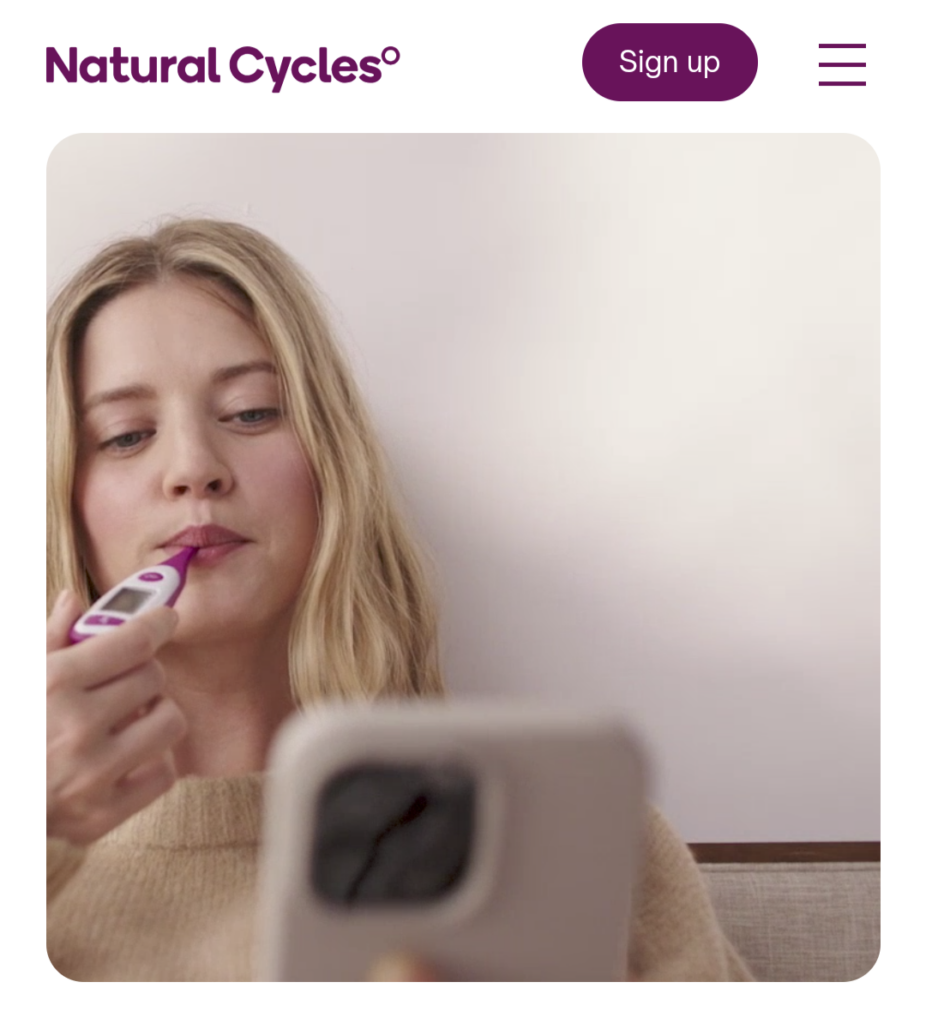Table of Contents
When can I stop using contraception?

So not all of us will need contraception, but it’s important to remember that even long cycles over 50 days can be ovulatory, so we can still conceive at this time.
The advice as to when we can stop using contraception, using age alone, might surprise you as being at age 55. Before age 55, if we are not using hormonal contraception we can stop contraception 1 year after our last period if this happens over the age of 50 and 2 years after our last period if this is before the age of 50.
If I’m using HRT do I still need to consider contraception?
HRT itself is not contraceptive, unless we are using the hormonal coil for the progesterone component. Although there are similarities between hormonal contraception and HRT, the doses of hormones in HRT are much lower and do not suppress ovulation, so they do not provide reliable contraception.
What options can be used alongside HRT?
If your HRT regime doesn’t include the IUS (Mirena) your options include barrier methods, the IUD (copper coil), progesterone pills, and progesterone implants. The IUD usually lasts 10 years, but when fitted from the age of 40, it can be used for contraception until age 55. The progesterone injection, combined pill, combined patch, and combined ring are not usually advised from age 50.
The hormonal coil

The IUS (Mirena) usually lasts for 5 years, this has now been updated to 8 years, and when it is fitted from the age of 45 it can be used until age 55 unless it is also being used for HRT when it needs to be changed every 5 years. It reduces vaginal bleeding by around 60%, provides very reliable contraception, and can be used as the progestogen component of HRT. Oestrogen can then be added to the Mirena in the form of a tablet, gel, patch, or spray.
Many people worry about how painful it will be to have a coil fitted. Like most things, it varies person to person. Researchers have asked women who have had a coil fitted, and without any painkillers most say the pain is mild-moderate and within 5 minutes at a low level. This has been my experience of fitting coils over the last 20 years or so, and having a few myself. If you are having a coil fitted and find you are having severe pain, you can of course ask for the procedure to stop. Pain relief is available too, including taking something at home beforehand like ibuprofen or paracetamol, and through local anaesthetic sprays at the GP surgery.
What about the pill, can that help in the same way as HRT?
Combined contraceptive pills can be a good option, especially if we are also in need of contraception. There are certain situations where combined pills are less suitable, such as for people over the age of 35 who are smoking as the risks outweigh the benefits. Combined contraceptive pills can also suit some people with an early menopause really well.
Traditionally contraceptive pills have contained synthetic hormones, and some people find these types of hormones haven’t suited them so well. It’s great to see some newer contraceptive pills coming through, like Qlaira, Zoely and Drovelis, with other types of oestrogen.

There is also a newer progesterone only pill, Slynd, that can be used in an HRT regime as the progestogen component, and this can be helpful as another option if we haven’t got on with other commonly used progestogens.
Natural family planning and “digital contraception”
Much spoken about on social media, but not recommended in the perimenopause as menstrual cycles are less regular and changing, and these approaches rely on regular cycles.
Resources for more information
Decision aid – what’s right for me Contraception choices
